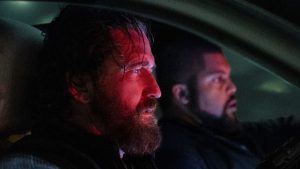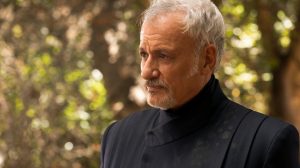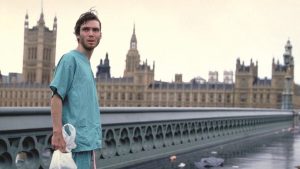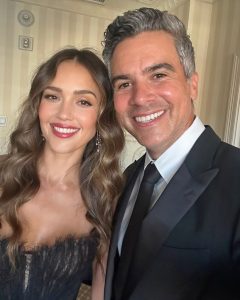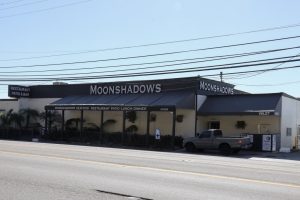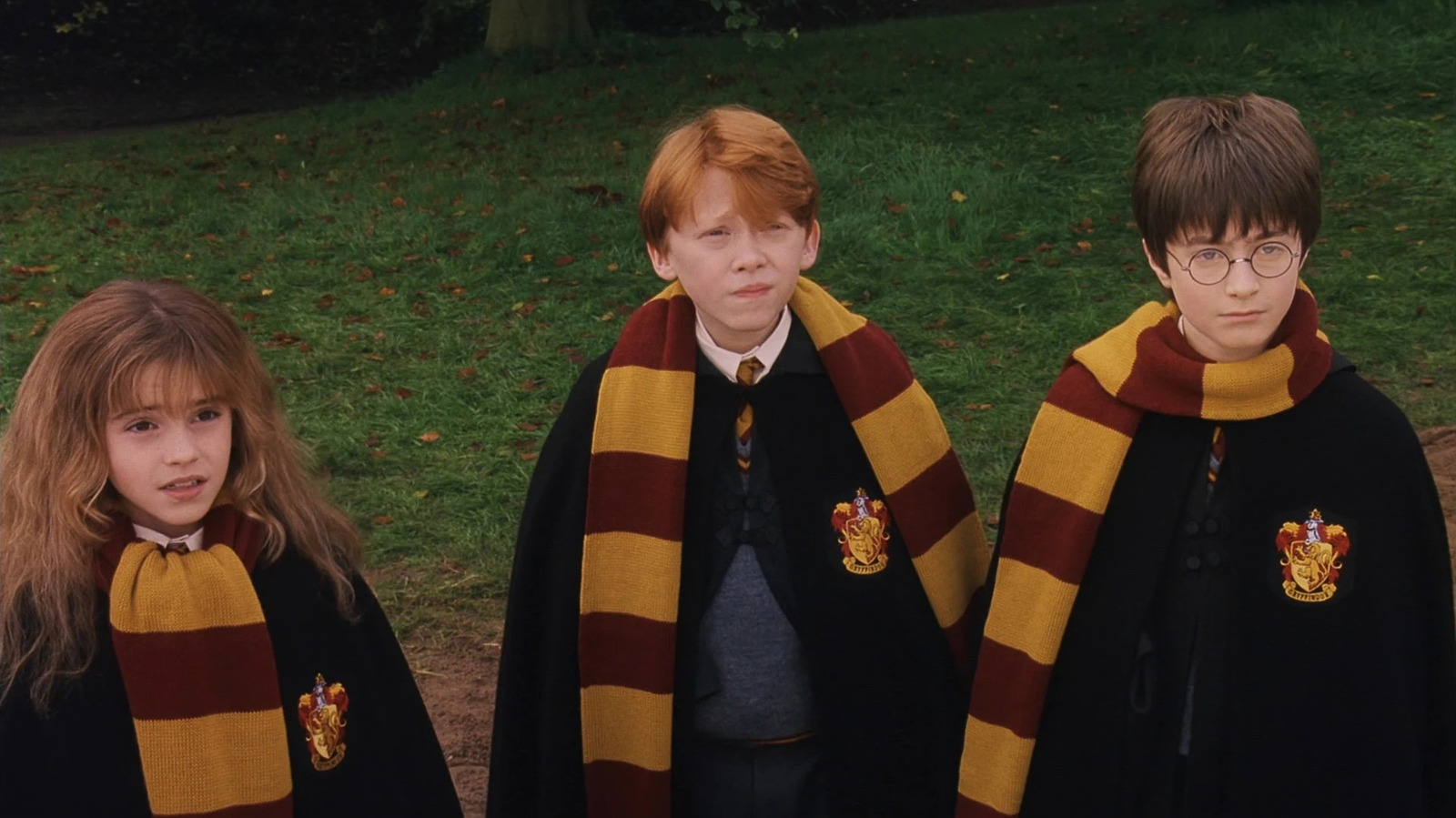
Why John Williams Chose Not to Compose for the Later Harry Potter Films
When fans reminisce about the “Harry Potter” saga, they often associate it with the unforgettable score created by the iconic John Williams. Pieces like “Hedwig’s Theme” have become as synonymous with the franchise as the characters themselves, ranking alongside other legendary compositions like “The Imperial March” from “Star Wars” and “He’s a Pirate” from “Pirates of the Caribbean.” Given Williams’ remarkable legacy of over 50 Oscar nominations, it’s surprising to realize that he was not involved in most of the “Harry Potter” films.
The musical landscape of the series shifted significantly after Williams’ work on “Prisoner of Azkaban.” The scores for “Goblet of Fire,” “Order of the Phoenix,” and “Half-Blood Prince” were crafted by Patrick Doyle and Nicholas Hooper, respectively, while Alexandre Desplat composed for both “Deathly Hallows” films. Although Williams’ themes were reused and adapted throughout these later entries, many fans assumed he was making music for the entire franchise.
In a 2010 interview, producer David Heyman revealed that while there was a strong desire to bring Williams back for “Deathly Hallows,” scheduling conflicts prevented his return. He stated, “We wanted to make it work with John but John’s schedule didn’t permit.” They kept communication open about a possible return, but it ultimately didn’t materialize.
So, what led to Williams stepping away from the series after “Prisoner of Azkaban”? Beyond the demands of composing for the next installment of “Star Wars,” he was also busy with projects like “War of the Worlds” and “Munich.” Although Williams contributed to “Chamber of Secrets,” his involvement was limited. Composer William Ross, who had a substantial role in that film, noted Williams had to adapt his original work due to the scheduling crunch.
Fans might feel that the score for “Chamber of Secrets” lacks some of the magic found in the first film, which can be attributed to Williams’ decreased involvement, particularly in developing new material. His workload on projects like “Catch Me If You Can” left little room for extensive contribution to the sequel.
Despite never returning to the franchise after “Prisoner of Azkaban,” that film effectively captured Williams’ essence. Although “Chamber of Secrets” didn’t quite reach the heights of the first installment, “Prisoner of Azkaban” holds many regard as the strongest in the series. Tracks like “Buckbeak’s Flight” and “A Window to the Past” represented some of his most original work, which aligned beautifully with the movie’s darker themes and maturing narrative.
Even with only two and a half contributions to the franchise, Williams’ impact looms large over the series. He set the tone from the outset, constructing a musical foundation that his successors could build upon. A prevailing theme in “Harry Potter” is nostalgia; characters frequently reflect on simpler times at Hogwarts. Each “Harry Potter” film subtly evokes these memories through the reuse of iconic themes.
Director David Yates explained the selective use of “Hedwig’s Theme,” sharing insights on how it accentuated moments of reflection: “Anything that felt like we were being nostalgic or reflective of the past, that’s when we used it.” This consistent recall of Williams’ themes added depth to the emotional resonance of the later films, creating a bond with fans that transcends mere repetition. For those who cherished the series, this use of familiar melodies was far from a tired trope; it was a heartfelt reminder of the magic that began with Williams’ original score.
